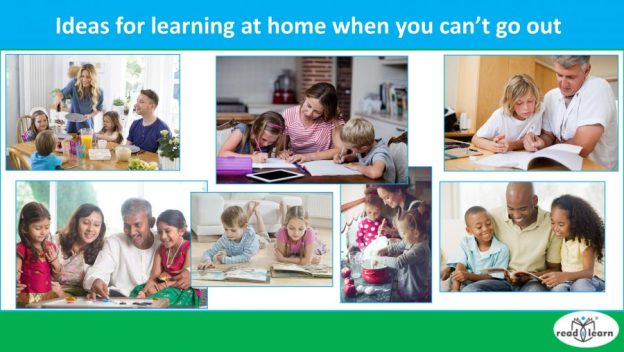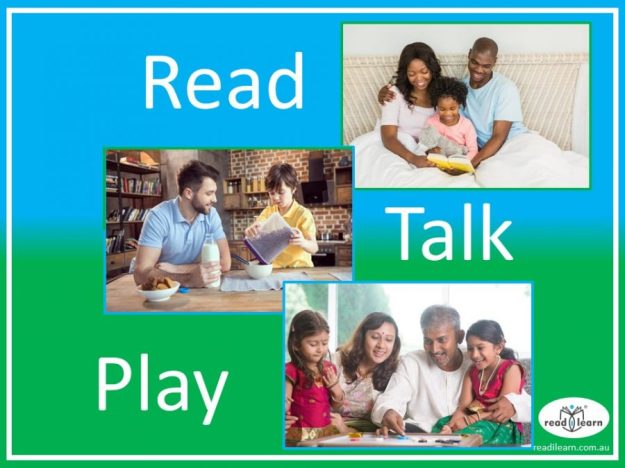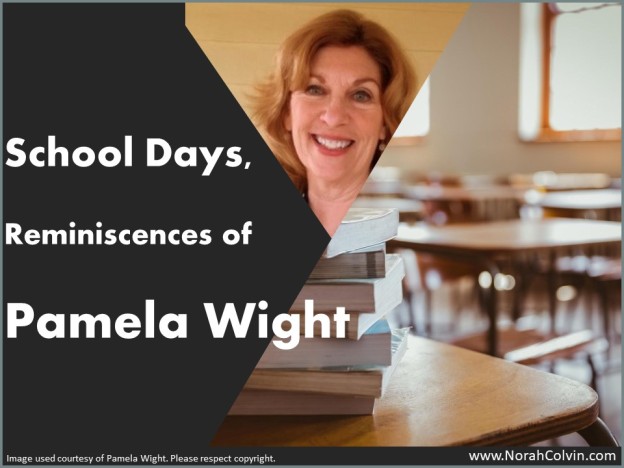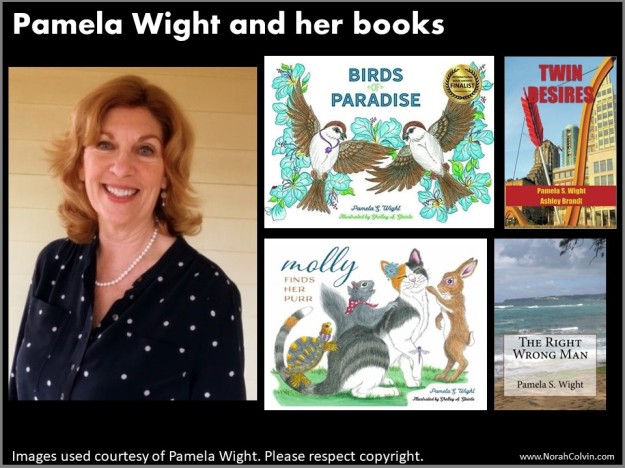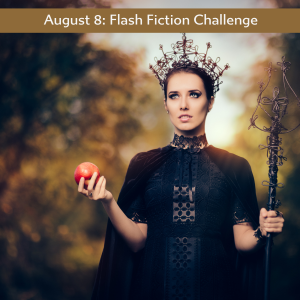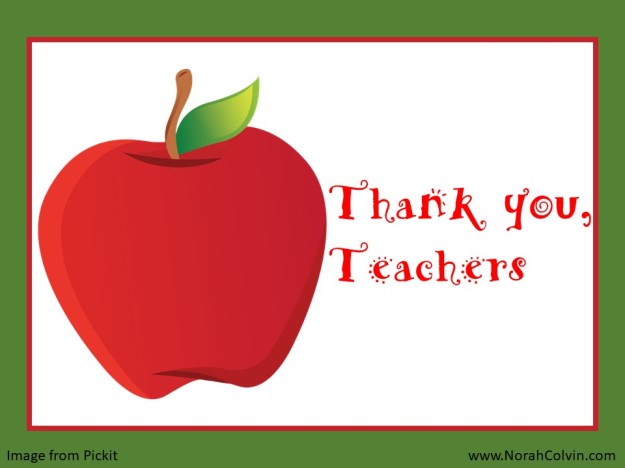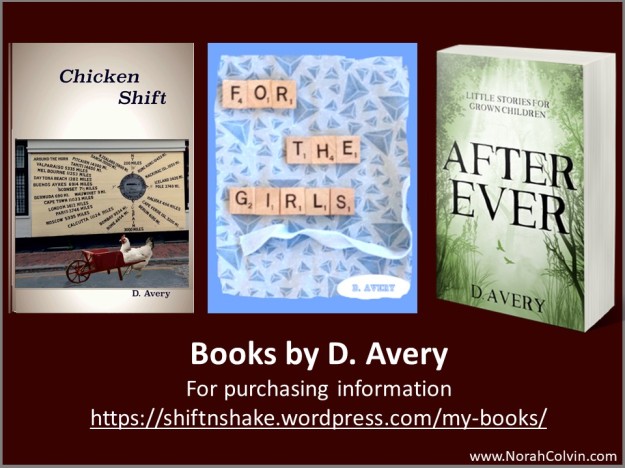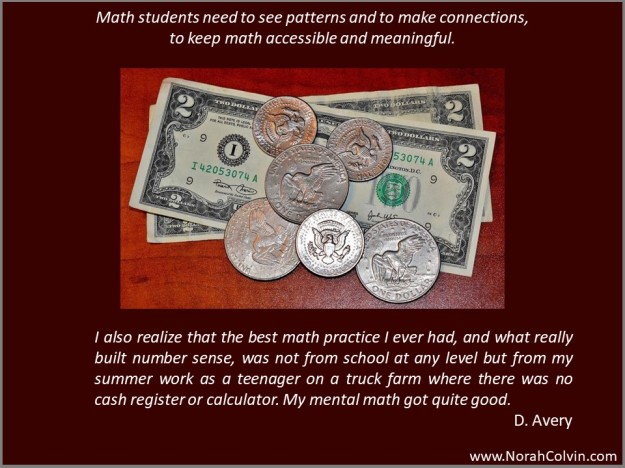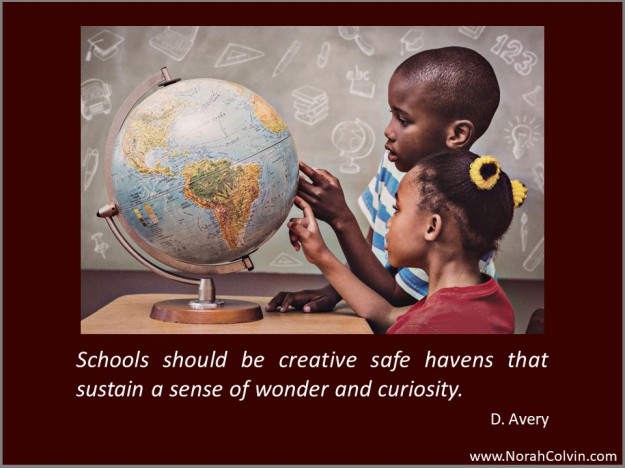In the recent School Days series which featured reminiscences of twenty-five authors and bloggers, each was asked for suggestions of improvements that could be made to schools.
In this post, I share those suggestions. If you wish to read more of the authors and bloggers’ works, please click on their names to follow the links. If you would like to read their reminiscences, follow this link.
This post concludes the series for now. I thank you all for joining in the conversation. I thoroughly enjoyed the discussion. There are still some who would like to share their reminiscences which I will post as they come in on a Sunday evening. For now, I’ll leave you with these wonderful suggestions of how school could be improved. (Note: I have arranged the bloggers in alphabetical order of first name.)
Anne Goodwin, How do you think school could be improved?
- Reinvest in SureStart (it was a UK New Labour thing for at-risk preschoolers) so that all kids have the skills they need for school.
- Scrap private schools’ charitable status and put the taxes raised into state education.
- Abolish all religious schools, and schools established to follow a particular fad.
- Provide every child with a light breakfast and a three-course vegan lunch (to avoid the expense of catering for different diets) for free. Kids can’t learn if they’re hungry, and we desperately need to give the adults of tomorrow the skills to pursue a healthy diet. (So cooking and gardening lessons too.)
- Halve class sizes, and give teachers more support, including optional counselling / short-term therapy for anyone working with kids.
- Foreign language and music classes from the early(ish) years and (although I hated it) compulsory exercise through a diversity of sports. (Why should these life-long benefits be restricted to those whose parents can cough up the dosh?)
- Prevent (religious) parents from withdrawing their children from certain lessons, such as sex and relationships, including same-sex couples.
Idealistic? Too expensive? Not if we care about the future society we build.
Balroop Singh, How do you think schools could be improved?
First, recruitment of qualified teachers who feel inspired to take the responsibility of teaching the next generation is essential. Second, they have to be paid at par with others to attract intellect and talent to this profession. Number of students in a class needs to be reduced and value-based education with flexible curriculum could be helpful for those students who want to pursue higher studies.
Barbara Vitelli, How do you think schools could be improved?
I would like to see approaches that encourage resiliency and independence. I think kids need to learn how to better handle disappointments and adversity. Perhaps that’s something that we parents are responsible for, but I think teachers can also make a big impact on our children in this area.
Carol Taylor, How do you think schools could be improved?
Having lived here, Thailand for 8 years now…and watched my grandsons grow up through the Australian school system …My observations are that schools are too politically correct now…too qualification driven…I think children should be allowed to be children first and foremost…I think more attention should be paid to the fact that not everyone is academic and if they have other qualities like working with their hands it should be encouraged…
So should a community spirit which is high on the agenda here in Thailand…I was a late starter as regards qualifications and that door should always be open…By listening and advising in a non-doctorial way but a two way conversation… if a child struggles with reading let them read a book which is of interest to them and fosters questions.
Charli Mills, How do you think schools could be improved?
Most important, schools need to be safe. Early on, we need to give children the gifts of education and not the burdens. I think citizens should be involved in their public schools even if they don’t have children. How can we be part of the improvement? I don’t have the answers, but I’m willing to be a part of solutions. I support EveryTown for Gun Safety, and until we deal with the hardest cultural issues in our nation, it doesn’t matter if our schools achieve awards or graduate students who score well on tests.
Chelsea Owens, How do you think schools could be improved?
The issue I see as most harmful to the education system in America is that of encouraging everyone to attend college. Like, everyone. This needs to be changed so that people may test and train in technical fields if they wish, especially if they would succeed in that role instead of accrue a helpless amount of student loan debt. Entry level jobs have the requirement of a college degree now instead of a GED or high school diploma. We are simply adding more debt to an already-cynical generation.
In a similar fashion, the public schools are required to accommodate everyone -including those with special needs. This a sore subject and one that I benefit somewhat from, since two of my children receive special education help for behavioral issues. I hold no animosity for children with more severe needs and know that they benefit from being around their more functional peers. Yet I also see most of the school’s resources going toward trying to entertain them all day and I see teachers with increasing numbers of more challenging pupils. Teachers already have a difficult job. I’ve yet to think of an ideal solution and fear it may involve limiting access for those children with needs.
Christy Birmingham, How do you think schools could be improved?
By listening to students, no matter their age. Hear what students want to see change about your school and determine if it’s feasible. Also, make libraries a priority as they are where students go to do research and can encourage a love of literacy.
Lastly, engage with the local community rather than being independent of it as a school. By schools partnering with the communities they’re nestled within, students can enjoy a fuller educational experience. Also, schools can get ideas and support from the general community that can take the institutions further than they might otherwise go.
Darlene Foster, How do you think schools could be improved?
I do think teachers are often overworked. It is a demanding job and one in which you have to be on all the time. Many get burned out which is too bad as it is often the most dedicated that do. Perhaps hiring more assistants or having smaller classes would help. It is such an important job as these kids are our future.
Debby Gies, How do you think schools could be improved?
They could definitely use more government funding, more teachers, more after school programs, and more benefits for the children whose families can’t afford supplies and books for their kids, and for field trips.
D. Avery, How do you think schools could be improved?
Our schools don’t always seem to measure up, but what is the measure? Not everyone is measuring up to standardized tests, but if we really want to close achievement gaps, if we really want to leave no children behind then we need to reform much more than our schools.
While I think we should first focus on out of school factors, within school we have to do more than give lip service to Gardner’s Multiple Intelligences. Which means schools need to not succumb to the testing culture; schools need to be less programmatic and prescriptive. Curricula should encourage empathy and build flexible and adaptive skills and strategies required for individuals to pursue their own interests and inclinations. Schools should be creative safe havens that sustain a sense of wonder and curiosity.
Geoff Le Pard, How do you think schools could be improved?
They can spend more time educating and less teaching. The tyranny of the curriculum is one of teaching’s greatest challenges. The notion that if you learn to a script and regurgitate that script and you will succeed is one of life’s top five fictions; no actor worth their salt merely delivers a script – they have to understand it, live it, get beneath and inside it. That is precisely the same with learning. Get beneath the surface, go round the back, take off the lid and see the workings and that way so much joy will be had and so many avenues will be opened. Good education acknowledges the world is round and that all we can ever do is proceed to the next horizon and see what’s there; bad teachers are education’s flat earthers.
Hugh Roberts, How do you think schools could be improved?
More needs to be done in educating children about diversity and the hate crimes we hear so much about nowadays. Nobody should feel afraid to go to school because they are bullied or just because they’re told they are different and don’t fit in. Children should be encouraged to read about different ways of lives and to speak out about bullying. As a child who was bullied at school, my life was made much worse because I was afraid to tell an adult what was happening. These were the days before social media where bullying and hate crimes have now taken up residence. Children, these days, have a lot more to put up with, but I think there are also more bullies these days than there were when I was at school.
Joy Lennick, How do you think schools could be improved?
It’s no secret there are a lot of problems in the world, generally – of course there always have been – but because of technology and the immediacy of news reaching eyes and ears, it is often exaggerated in our minds. Too much paper-work still seems to overload some teachers, and I wish there was more emphasis put on caring for each other. Not all parents are equipped for the job they undertook…(as my husband says: ‘You have to pass a test to drive a car, but any idiot can have a child…’ Religion should be discussed broadly, but taught and practiced in specific schools, not mainstream, although children should be helped to accept and live and let live, when taught about caring.
JulesPaige, How do you think schools could be improved?
Public Schools need to prepare our children by starting language in the early grades and not waiting until older grades. Special language immersion classes were available in later years (of my children’s schools) for a select amount of students who were selected by a lottery. Public Schools also need to make sure basic math and estimation skills are taught without the assistance of calculators or iPads. Public schools also need to encourage acceptance of differences.
If you choose to send your child to a public school, then you need to accept the parameters set therein. Public Schools also need to keep religion out of the schools. And if vaccines are a requirement, there should be no exceptions. Just one unvaccinated child can bring disease to a whole school population.
Mabel Kwong, How do you think schools could be improved?
At times school can be a place where we feel we don’t belong. As Hugh Roberts said in his interview for this series, ‘Nobody should feel afraid to go to school because they are bullied or just because they’re told they are different and don’t fit in.’ There needs to be more focus on bringing awareness towards discrimination, racism and bullying. Having more open discussions in class about different cultures, sexualities, gender, mental illness and disabilities would foster a stronger sense of belonging in school and encourage us to embrace and respect differences early on.
Marsha Ingrao, How do you think schools could be improved?
These questions made me think about how much schools have improved. We complain that kids can’t write, and indeed, texting has changed the way kids think. Capitalizing the word I is not important to them but is to educators. Communicating quickly is something kids have taken to a new level. What they don’t know how to do is think beyond the immediate. Just because they can communicate doesn’t mean that they do it well. Schools need to challenge students to step back to imagine the bigger picture and consider the consequences of their actions. This is why teaching social studies and humanities is essential.
Miriam Hurdle, How do you think schools could be improved?
At elementary school, there is not enough time of the day to teach all the subject to prepare the students for Junior High or High school. Schools end at 2:30 p.m. for lower grade and 2:45 p.m. for upper grade. For lower grades, teachers teach reading and math in the morning. After lunch, they may teach social studies and physical education. There is no time to teach science. Since the State test at the end of the year doesn’t test science, the teachers give up on teaching that subject.
For upper grade, teachers teach reading and math in their homeroom. Some of them team teach social studies and science so the teacher could do the preparation and teach for more than one class. Students can benefit more learning if the school days are longer.
Pamela Wight, How do you think schools could be improved?
I think schools should focus on the importance of empathy and compassion for all living beings, as well as the importance of learning a subject. Open up more lessons on diversity and how we each learn from each other. Additionally, we need more/better high school classes on ‘daily life’ activities like budgeting and nutrition.
Pauline King, How do you think schools could be improved?
I’d love to see a return to a balanced education that includes academia and the arts and life skills. I’d love to see each classroom be a living community where all kinds of kids learn to get along, learn to appreciate each other and learn that not everyone is good at everything. But that everyone, even the least able, has a skill and a personality that offers much. Where tolerance is taught and practised, and respect is modelled and expected. A place where different cultures and different beliefs are seen as interesting and intriguing and when it’s all boiled down, people are people and we all feel the same way over the things that matter.
I’d like to see geography and social studies and all kinds of real arts and crafts come back to life in the classroom, I’d like to see kids singing and dancing and playing together in between learning the Three R’s. I’d like to see the slow expansion of a planned curriculum that ensures a deepening understanding of the natural sciences — again attached to the developmental stages and understanding of the students. Never bring hard facts too soon to young people — they kill childhood!
I’d like everyone to understand that we live in a world that is changing so quickly that it is highly likely the jobs their kids will do haven’t yet been invented. The only way to ensure their children will succeed as adults is that they will have a healthily developed sense of themselves, their interests and their abilities and be able to think, to assess, to understand the needs of the world and to have the entrepreneurial spirit to meet them. It’s less about passing exams and more about an ability to learn; less about gaining the skills for a job, more about gaining an ability to learn new skills.
Pete Springer, How do you think schools could be improved?
Besides de-emphasizing state testing, schools have an increasingly challenging job of dealing with bullying. Violence is prevalent in our culture, and schools have increasing numbers of violent students who are dealing with mental health issues. The school has to be a safe place for kids; a place that they can learn in a nonthreatening environment with role models who inspire them. Teaching educators how to equip themselves with firearms is not the answer!
Ritu Bhathal, How do you think schools could be improved?
I think this answer doesn’t lie with the schools, but with the government. They really need to learn from the Scandinavian Education system, where the emphasis is on learning through play for the first few years, and formal schooling that starts at 7, when a child is more ready to learn in a classroom environment. And scrap the SATS! I speak from experience here as I have seen both my children go through the SATS and the upset it caused them at 7 and 11. In Finland, where my brother is bringing his family up, my nephew is 4 and the age of children I teach. What he can do at that age, in more than one language, astounds me, from his general knowledge, motor skills, numeracy and literacy! UK – please take note!
Robbie Cheadle, How do you think schools could be improved?
The most important thing in our government schools is to get good teachers. Teachers that aren’t masters in their subject will struggle to teach others, particularly, children that can’t learn in one specific way but need the information presented in another way. The children also need a safe learning environment, which often isn’t the case, and basic learning materials.
Sally Cronin, How do you think schools could be improved?
I feel that there is a one size fits all approach to education which does not take into account the individual child’s needs or abilities. In the UK in particular there has been a push in the last decade to get children into university, and the loss of technical colleges (now rebranded as universities) that I went to for those who want a more practical approach to their careers. Also I believe that there should be a push for more apprenticeships and that some children who want to follow that route should be allowed to leave school at 14 as long as they are going into an approved apprenticeship. I understand that is happening in Australia and I think it should also be introduced in the UK and Ireland and other countries.
Sherri Matthews, How do you think schools could be improved?
Which leads me to…less focus on those dreaded OFSTED ratings (Office for Standards in Education, Children’s Services and Skills) and more on the individual. The expectation that all students should be good at all subjects is something I think needs to go. More emphasis on each student’s talents and strengths in smaller classrooms and rapport building between the teachers, student and parent is needed, fostering mutual respect. My youngest and middle boy finished their schooling years in England at a high OFSTED rated school, yet despite my frequent calls asking for support for my youngest, we got none.
Susan Scott, How do you think schools could be improved?
You’ll note that the last sentence ‘…says access to stories in their home languages’. This is a debate that rages on, and is relevant as we have 11 languages here in SA, including English and Afrikaans, of whom only about 8% have English & Afrikaans as home languages. Which means that when black children enter into school and are taught in English, they are already back footed. This apart from education still being for the most part barely up to scratch in spite of SA spending the most worldwide on education and yet having an abysmal record.
You ask how I think schools could be improved. Literacy begins long before schooling. Children could be encouraged to read firstly which allows for the imagination to come into play. Einstein, when asked by parents how they could help their children become clever like he was, he replied ‘Read them fairy stories, and read them more stories’.
Later on they can develop critical thinking skills. Chess would be a good subject to learn. Schools could encourage the art subjects more and I read that this is being encouraged around the world in order to develop both sides of the brain. Each side enhances the other.
There could be more time for the playground, away from the confines of the classroom. They could learn to tend to a vegetable patch. They could see Nature in action more, e.g. the worms in the soil, or the ants, birds, butterflies and bees going about their business.
It is as well that schools have rules and regulations of which parents and children are aware. From this basis they can break the rules, when they have the critical skills to do so.
Schools should provide safe and secure places of learning where children have no fear of being attacked and bullied by fellow classmates and/or teachers.
There could be skilled social workers or psychologists on hand to attend to any child or teenager who appears to be suffering from problems at home and with whom the child or teenager feels safe in revealing their problems.
Quality education for all requires the support of government, schools, civil society, NGOs, families, communities and funders.
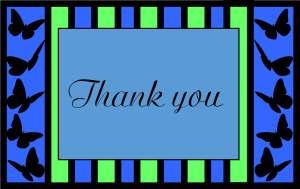
Thank you for reading. I’m sure you’ll agree there are many words of wisdom and great suggestions included in these responses. Now, if only we could get those with the power to take note.
I appreciate your feedback. Please share your thoughts.




